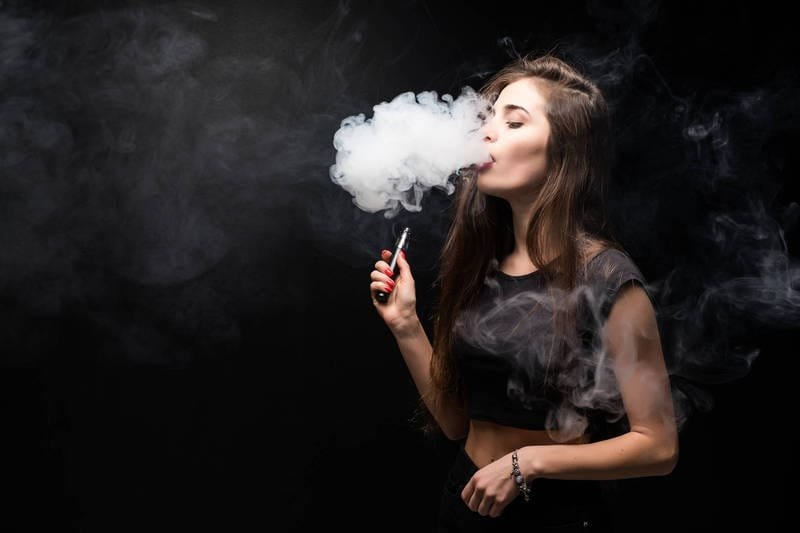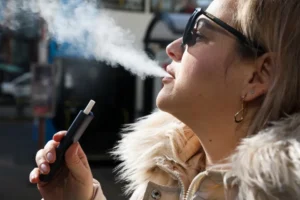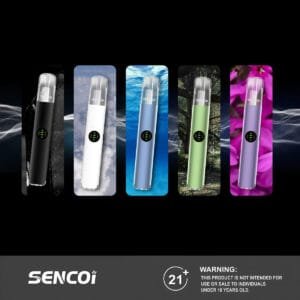The combination of vape and music is reflected in both music culture and the music industry, influencing artists’ expressions and public perceptions. Here’s a look at the impact of vape in the music world from different perspectives:
1. Vape as Part of Music Culture
- Hip-hop, electronic dance music (EDM), and rock scenes often embrace vape culture, especially among hip-hop artists and DJs in the West, who see it as a symbol of fashion and individuality.
- Many music videos, concert scenes, and behind-the-scenes footage show artists using it, making it a part of their lifestyle.

2. Collaboration Between Vape Brands and Music
- Many brands sponsor music festivals and concerts, such as Ultra Music Festival and Coachella, and set up booths to attract young audiences.
- Some collaborate with DJs and singers to launch co-branded devices or custom flavors. For example, certain companies create e-liquid flavors tailored to specific music styles, like “EDM Mint” or “Rock Tobacco.”
3. Musicians’ Attitudes Toward Vaping
- Supporters: Some musicians enjoy it, believing it to be a healthier alternative to traditional cigarettes and helpful for maintaining their energy during tours or recording sessions. Hip-hop artists and DJs, in particular, often showcase this habit on social media.
- Opponents: Others remain skeptical, worrying about the potential health effects. Some even include anti-smoking or anti-nicotine messages in their songs or interviews.
4. The Influence of Vape on Music Creation
- Its relaxing effect may influence an artist’s creative state. Some believe nicotine enhances focus and inspiration, while others worry about dependency.
- The vapor, combined with electronic or psychedelic music stage effects, enhances the immersive experience, especially when it interacts with lighting and visuals during performances.
5. Legal and Ethical Considerations
- With stricter regulations, partnerships between brands and musicians have been affected, especially concerning marketing to young audiences.
- Bans in certain countries have limited promotional strategies, reducing their exposure in public music events.
Overall, vape and the music industry are intertwined through cultural symbolism, commercial collaborations, and creative influence, but they also face health and ethical debates. As regulations evolve and public perceptions shift, this relationship may continue to change.











